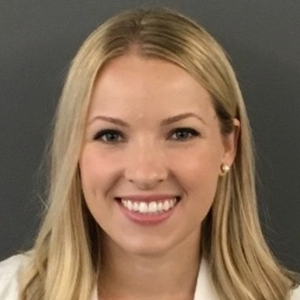Vaccines play a critical role in both preventing and eliminating global pandemics. This is especially true in the case of highly mutable pathogens like HIV and influenza, which present unique challenges to vaccine design.
One promising strategy for designing vaccines against highly mutable pathogens is to target regions on the surfaces of the pathogenic proteins, or antigens, that are essential to viral function and thus cannot be so easily mutated by the pathogen. Antibodies that can bind to these conserved antigen regions are called broadly neutralizing antibodies, or bnAbs, which have now been isolated from people naturally infected with many different highly mutable pathogens.

However, in most cases it remains unclear how to elicit these antibodies by vaccination, in large part due to the vast design space for rationally designing such vaccines.
This talk will discuss a novel computational/data science-driven approach to efficiently traverse this complex design space. Our approach features agent-based modeling of cell-cell interactions combined with deep learning to steer the evolution of antibodies into bnAbs following vaccination. We show that deep learning can be employed to rapidly identify optimal vaccination protocols that maximize the formation of bnAbs against highly mutable pathogens.
Kayla G. Sprenger, Ph.D. is an assistant professor in the Chemical and Biological Engineering Department and a faculty member in the Biomedical Engineering Program at the University of Colorado Boulder. Dr. Sprenger received her Ph.D. in Chemical Engineering in 2017 from the University of Washington-Seattle with Dr. Jim Pfaendtner. Her Ph.D. was focused on the development and use of molecular simulation tools to study the structure and function of biomolecules at interfaces.
She completed her postdoctoral studies in 2020 at MIT in the Institute for Medical Engineering and Science with Dr. Arup Chakraborty, focusing on developing agent based models of stochastic biological processes to enable vaccine design against highly mutable pathogens like HIV and influenza. Her lab at CU Boulder is now focused on multiscale computational approaches